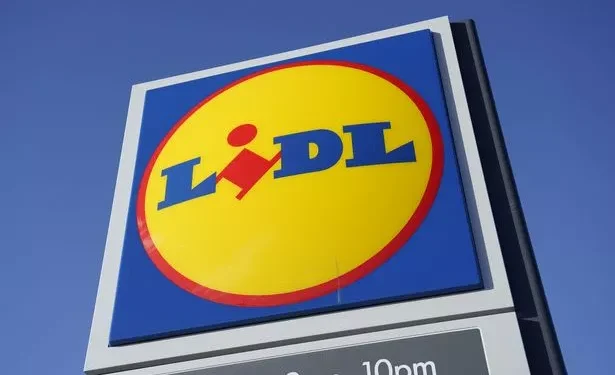Lidl’s urgent recall of their popular fruit and nut bars has captured public attention across the UK, sending search trends soaring as consumers seek information about potentially contaminated products in their pantries. The supermarket giant has pulled multiple flavors of its Alesto Raw Fruit & Nut Bars from shelves due to a serious safety concern that has shoppers checking their cupboards and receipts.
The Recall: What You Need to Know
The Food Standards Agency (FSA) has issued a “do not eat” alert for four varieties of Lidl’s Alesto Raw Fruit & Nut Bars after the discovery that they may contain pieces of plastic. The affected flavors include:

- Cocoa and Orange
- Blueberry Muffin
- Salted Caramel
- Berry
These products are typically sold in assortments of five bars weighing 35 grams each. The recall specifically targets products with best before dates of November and December 2025, indicating this is a recent production batch rather than older stock.
Why Plastic Contamination is Serious
The FSA highlighted that the potential presence of plastic fragments presents a significant choking hazard, making these products “unsafe to eat.” While the exact size of the potential plastic pieces hasn’t been specified, the risk is considered serious enough to warrant an immediate recall.

In their official statement, Lidl GB acknowledged the potential danger: “Lidl GB is recalling the mentioned product due to potential presence of plastic foreign bodies which may present a choking hazard. If you have bought the product we advise you not to eat it.”
What to Do if You’ve Purchased Affected Products
Lidl has instructed customers who have purchased these snack bars to refrain from consuming them and to return the products to their nearest Lidl store. The supermarket has promised a full refund to all customers returning the affected items, regardless of whether they have a receipt.
To raise awareness, point of sale notices are being displayed across all Lidl stores that stocked the healthy snacks. These notices explain the reason for recall and instruct customers on obtaining refunds.
“Customers are asked to return this product to the nearest store where a full refund will be given. We apologise for any inconvenience caused and thank you for your cooperation,” the retailer stated.
Part of a Disturbing Trend?
This recall comes amid several recent food safety alerts from major UK retailers. Just last month, Morrisons issued a similar recall for its own-brand “The Best 6 Thick Cumberland Sausages” (400g packs with a use-by date of May 1, 2025).
In January, beer drinkers were alarmed when Heineken recalled Newcastle Brown Ale across several supermarkets including Tesco, Sainsbury’s, Morrisons, Waitrose, and Aldi. The recall followed reports of “glass fragments” in the 550ml bottles, with at least three consumers complaining about glass fracturing when removing the bottle’s steel crown.
These incidents highlight the ongoing challenges in food production safety standards, even among major retailers with extensive quality control measures.
Consumer Concerns About Food Safety
The Lidl recall has reignited broader concerns about food safety across the UK. These incidents, while not commonplace, remind consumers of the potential risks in processed foods.

In one particularly concerning case from 2018, a mother claimed she choked on a piece of glass from Asda’s store-brand cereals. Michelle Elliott alleged she found a three-centimeter-long chunk of glass in her Coco Wheelies cereal, which she coughed up covered in blood. She further claimed to have discovered additional glass shards in a packet of Choco Snaps purchased from the same retailer.
While Asda investigated this specific incident, it underscores the serious nature of foreign object contamination in food products and why recalls like Lidl’s current situation are taken so seriously by health authorities.
Regulatory Response
The Food Standards Agency plays a crucial role in protecting public health through food safety monitoring. When problems are identified with food products that make them unsafe for consumption, the FSA issues recalls to remove these items from circulation.
The quick action in the Lidl case demonstrates the effectiveness of these monitoring systems, though it raises questions about how the contamination occurred in the first place.
The Impact on Lidl
For Lidl, this recall represents both a financial and reputational challenge. Beyond the immediate costs of product removal and refunds, the supermarket must work to reassure customers about the safety of its products, particularly its own-brand items like the Alesto range.
The trending searches for information about this recall reflect not just consumer concern about potential health risks but also the public’s interest in how major retailers respond to safety incidents.

As the situation develops, Lidl will likely conduct a thorough investigation to identify how plastic contamination entered their production process and implement measures to prevent similar incidents in the future.
ALSO READ TOP STORIES FROM VERILY NEWS


















